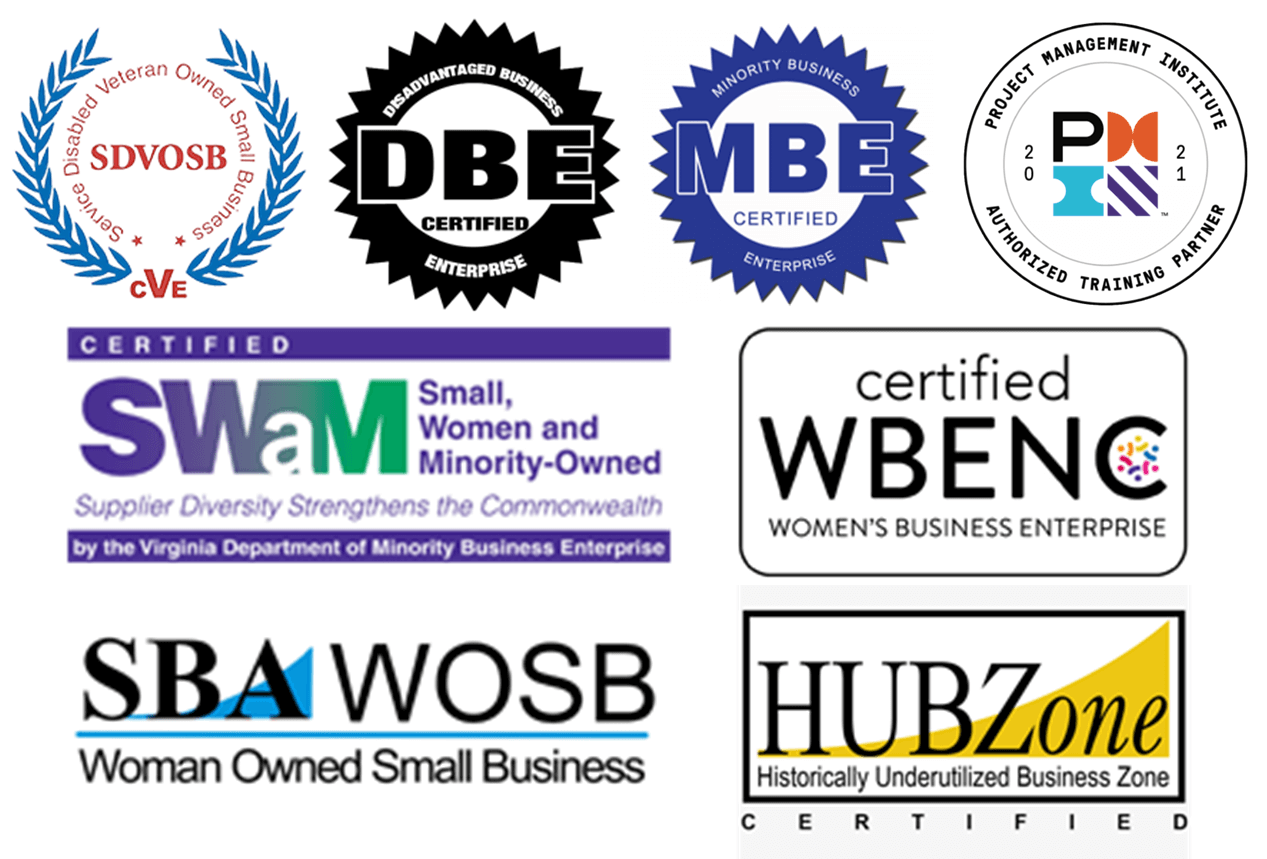Some employees show up for work each day merely to collect a paycheck. While they’ll at least pretend to be present for the 40 hours they’re required to work, unless they’re fully engaged, you won’t be getting peak performance.
With as much as 40 percent of employees saying no one holds them accountable for results at work, the lack of a culture of accountability in many businesses is all too clear. But creating such a culture isn’t easy. Here are some steps to get you started.
Hire the Right People
In order to build a team of people who take accountability for their work results, you must first hire the people with that type of personality. With D.I.S.C.: The Universal Language of Observable Behavior, TTI Success Insights offers a roadmap to help you determine what drives someone. You’ll find someone driven by Compliance, for instance, does better in positions where standards have been set and employees are held to them. Once you’ve recognized this, you can make sure the role in question will provide what this type of candidate needs to thrive.
Set Clear Expectations
Every employee should have a detailed job plan outlining the duties of the person in that position. The employee should be allowed to provide feedback on the description, and it should be revisited at least once per year. During this time, encourage the worker to suggest things that should be added, removed, or altered in the plan. An employee who is part of the process is more likely to be engaged and, therefore, also more likely to be accountable.
Provide Feedback
If you want employees to feel personally accountable, you’ll need to hold them accountable for the work they’re doing. This doesn’t mean only reprimanding a worker when something goes wrong. You should also offer praise for the great things each person on your team does. Instead of routine performance reviews, which can do more harm than good, make coaching a regular part of your management style. Understand that the same coaching style won’t work for every employee. A worker who is driven by Dominance loves to see the results of work challenges, so providing data can be more effective motivation than vague statements.
When your employees are accountable for the work they do, your business benefits. However, building that culture requires good management skills, which means you need to hone your coaching and mentoring abilities. Getting to know each employee individually will help you tailor your approach to every person’s driving factors.





